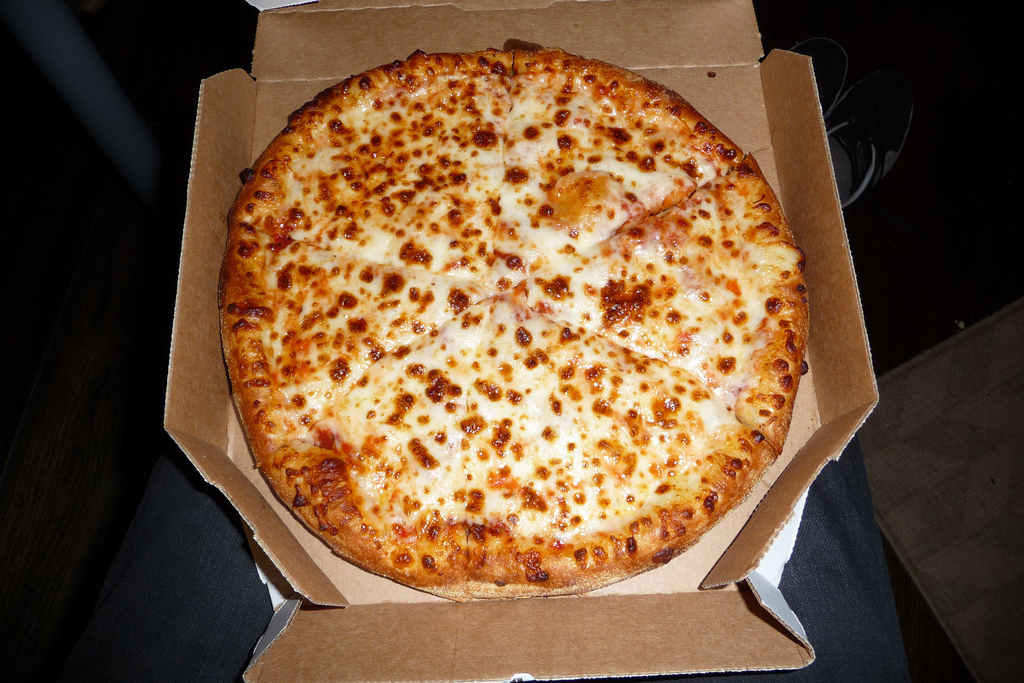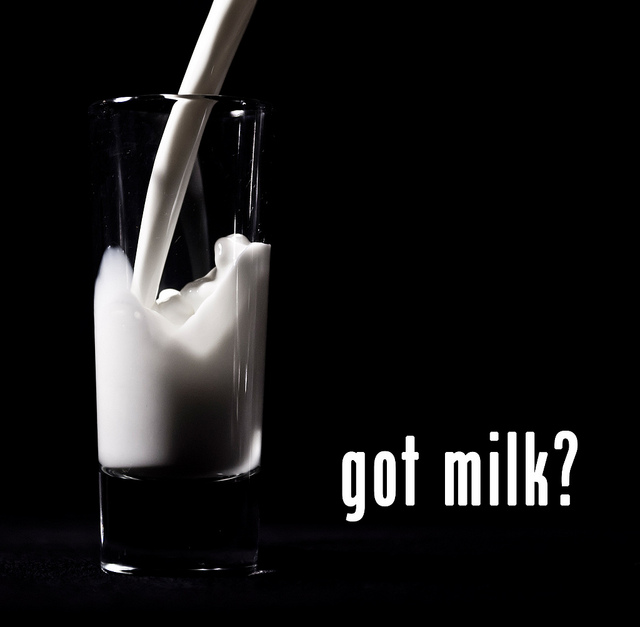Like Dairy Management’s well-traveled “Got Milk?” milk-mustache campaign, many other checkoff programs are familiar to Americans if for no other reason than their ubiquitous taglines:
The incredible, edible egg.
Beef. It’s what’s for dinner.
Pork. The other white meat.
Cotton. The fabric of our lives.
Other checkoff programs are in the works. (You can read New Food Economy senior editor Joe Fassler’s reporting on a controversial proposal to create a checkoff program for organic food here.)
One of the primary complaints from checkoff program opponents is that they fund not just marketing campaigns but lobbying efforts as well. Critics argue there is something particularly nefarious about a government-created program that takes money from private citizens—whether they support the program or not—to lobby government officials in favor of the program.
Transparency is another serious concern with checkoff programs. For example, UDSA recently released just one percent of the documents sought by the Organization of Competitive Markets through a Freedom of Information Act request as part of a lawsuit over its beef checkoff program.
Lobbying and a lack of transparency are two factors that led Wayne Pacelle, president and CEO of the Humane Society of the United States, an animal-welfare group, to argue that checkoff programs “bilk” American farmers.
“Checkoff programs are not pots of money for corporations to use to attack their political opponents.”
Claims like these have caught the eye of Congress. In March, a pair of ideologically dissimilar U.S. Senators—Cory Booker (D-NJ) and Mike Lee (R-UT)—introduced the Opportunities for Fairness in Farming Act, which were aimed at increasing the transparency of checkoff programs.
“Checkoff programs are not pots of money for corporations to use to attack their political opponents,” said Rep. Dana Titus (D-NV), who co-sponsored companion legislation in the House. “This legislation will ensure that checkoff programs are not picking winners at the expense of the sector of the agriculture community that values animal husbandry.”
Senator Lee also introduced a far more radical bill, the Voluntary Checkoff Program Participation Act, which would end mandatory participation in checkoff programs entirely. The bill’s operative text is elegant in its simplicity:
“No checkoff program shall be mandatory or compulsory.”
“Producer participation in a checkoff program shall be voluntary at the point of sale.”
It’s worth noting that both the Voluntary Checkoff Program Participation Act and Opportunities for Fairness in Farming Act were introduced but have gone no further.
Still, the bills have found support from normally unaligned groups, including the conservative Heritage Foundation and Animal Legal Defense Fund. (These strange bedfellows make up what The New Food Economy has called “a motley crew of ideologically diverse supporters.” That motley crew includes adamant meat eaters and vegans alike.)
The Ranchers-Cattlemen Legal Action Fund (R-CALF USA), a group that represents—you guessed it— independent cattlemen and ranchers, has praised the Opportunities for Fairness in Farming Act, while also throwing its full support behind the Voluntary Checkoff Program Participation Act.
“The bipartisan bill, S. 741, will end that conflict of interest by prohibiting lobbying groups from contracting with the program,” said R-CALF USA CEO Bill Bullard, in a statement issued by the group in March. “However, we think the best solution is the voluntary bill, S. 740, that allows producers to vote freely with their pocketbooks regarding whether they are individually satisfied with the checkoff’s performance.”
Michele Simon, executive director of the Plant Based Foods Association (PBFA), tells me she finds both bills attractive.
“The meat, egg, and dairy checkoffs place many plant-based food companies at a competitive disadvantage,” Simon says. “While PBFA has not yet taken a formal position on either bill, we certainly support reforms that ensure the checkoff programs are being properly managed. I am intrigued by the idea of the checkoffs becoming voluntary as I know many small producers do not like being forced to participate in programs they do not believe in.”
For many critics of checkoff programs—Democrats and Republicans, carnivores and vegans—those reforms would check off all the right boxes.

